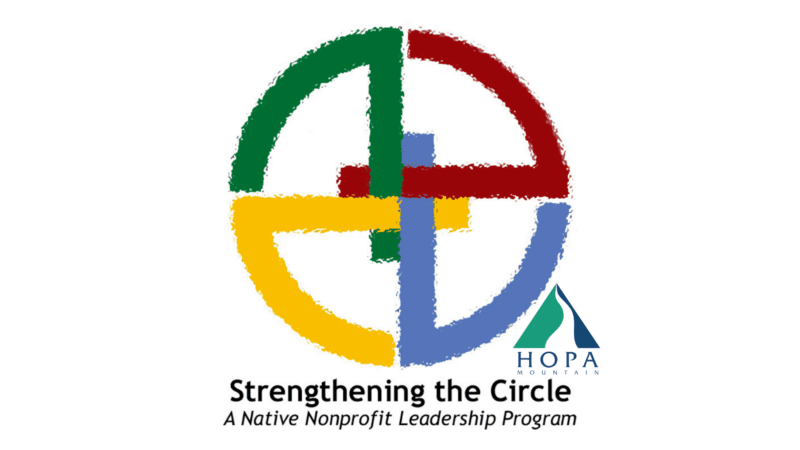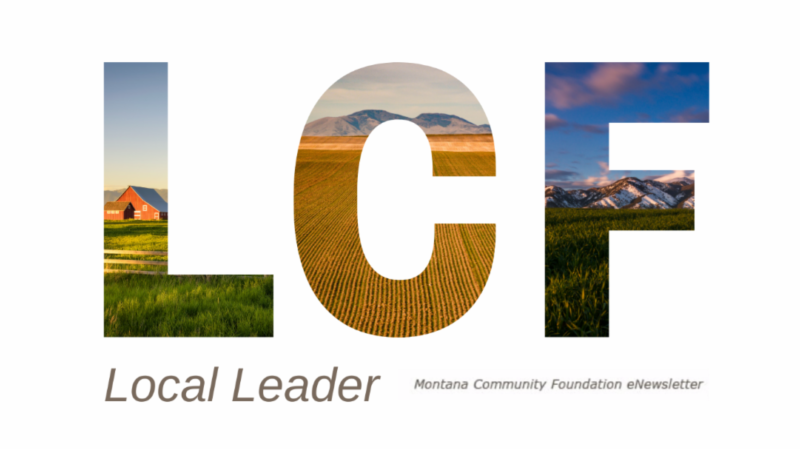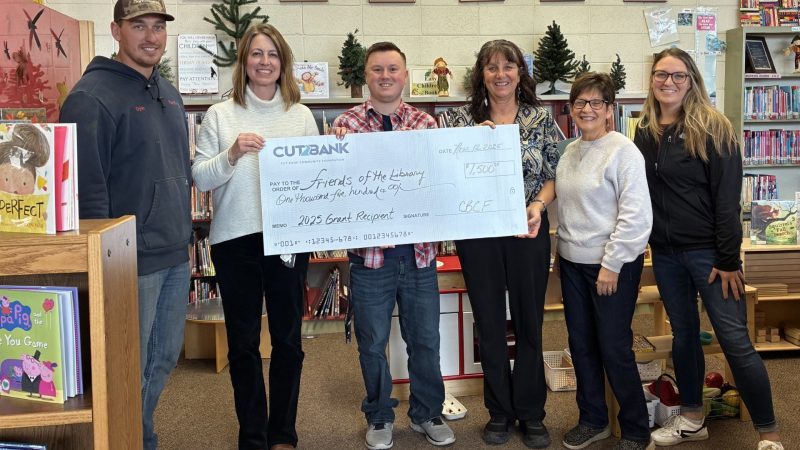In the Community
Strengthening the Circle
September 09, 2021

“Each year at Strengthening the Circle, I learn more. If we’re going to make realistic change on reservations, it’s going to come from within. Before we had one program, now we have six. We were small before. It was great at that time to have 20 kids. Now we’re increasing our reach to 500-600. Now we see we can reach up to thousands.” – Native Nonprofit Leader Participant
From its start in 2006, Strengthening the Circle (STC), a Native Nonprofit Leadership Program was designed as a peer-to-peer training model grounded in education, mentoring, and coaching through a four-day annual training program with follow-up training and technical assistance. This program was built on knowledge acquired over thirty years of Native nonprofit support provided by Tia Oros Peters and Chris Peters of Seventh Generation Fund, expertise from Donna Chimera, President of WolfStar Productions, and nonprofit training expertise from Barbara Rusmore, originally allied with the Institute for Conservation Leadership and later, Artemisia Associates, and Helene Gaddie with Generations Indigenous Ways in cooperation with Hopa Mountain, a Bozeman-based nonprofit.
STC aims to build the capacities of experienced and emerging nonprofit organizations that respond to the needs of Native American families and communities. It is an exciting time and important work as Native nonprofits are strengthening community self-reliance, livable wage jobs, environmental health, education, and social services.
“Nonprofit work is not like service-industry work. It’s actually a career. That’s what you’re looking for, especially in Indian and Tribal communities like ours. I’m not looking for a job. I’m looking for a career and you find your career by starting a nonprofit, by doing nonprofit work. There is the power of the program - you’re empowering careers.” – Darren Kipp (Blackfeet), Executive Director, Piegan Institute
At a STC gathering, a member of the leadership team or an invited participant often opens the session with prayer. Native participants know a deep understanding of traditions and cultures are recognized at STC. For non-Native participants, including partners and funders, this has been, and continues to be part of the educational experience and allyship process. Traditional ways of leading and governing carry over into Native nonprofit work daily. As such, ways of working in a Native-led nonprofit can be different than working in a non-Native nonprofit. An emphasis on relationships, sovereignty, self-determination, respecting elders, recognizing the Native land that we stand on, offering prayer, stories, song, governing by consensus, and upholding cultural values for men’s and women’s roles ground Native nonprofits in their place.
To reflect and respect the differences rooted in sovereignty, Seventh Generation Fund staff have offered many workshop sessions over the years that explore how Native leadership differs and what it means to be a leader in Indian country. Cultural teachings have been reinforced by session leaders, such as Dr. Michael Yellowbird (Sahnish), North Dakota State University Professor of Sociology who presented his work over a period of years on Neurodecolonization: Using Mindfulness, Cultural Neuroscience Research, and Traditional Indigenous Practices, Ceremonies, and Systems of Belief to heal the Damage of Colonialism. Dr. Craig Howe (Oglala Lakota) has offered sessions on Lakota Societies as Models for Nonprofit Governance.
Another important aspect of STC is the role of storytelling, hearing first-hand narratives, or sharing experiences. Through this method, participants learn valuable lessons in running their organizations. Knowledge is passed on in ways that once again respect cultures and traditions.
Native nonprofits experience many issues accessing private funding. A lack of knowledge from both Native nonprofits and private funders lead to these problems and a lack of funding within Indian Country. Over the past 15 years, STC partners have made some strides in building partnerships to support private philanthropy. There is much work yet to do.
Each year, Strengthening the Circle partners invite representatives from private foundations to participate in the STC gathering in order to meet Native nonprofit leaders that may be a match for their foundation’s funding interests. “Funders” build relationships with Native leaders, learn about what is happening in reservation communities, and make important connections. Through interviews conducted with foundation leaders in 2016-2017, many remarked that their time with Native leaders have been “inspirational”, “humbling”, and “transformative”. Many Native nonprofit leaders have said that without this connection to funders that they would not have grown their budgets or increased their services to the community. “Now I understand that having a personal relationship helps funders know how genuine the people are at the organization,” one said.
“We have expanded our fundraising strategies and have more than doubled our donor base,” mentioned another. It is just one more piece of the circle that helps Native nonprofits grow their capacity to carry out their missions.
For more information about Strengthening the Circle, or to inquire about investing in Native-led nonprofits or participating in a future gathering, please email info@hopamountain.org or visit our website.
Want to receive more stories like this one in your inbox?


